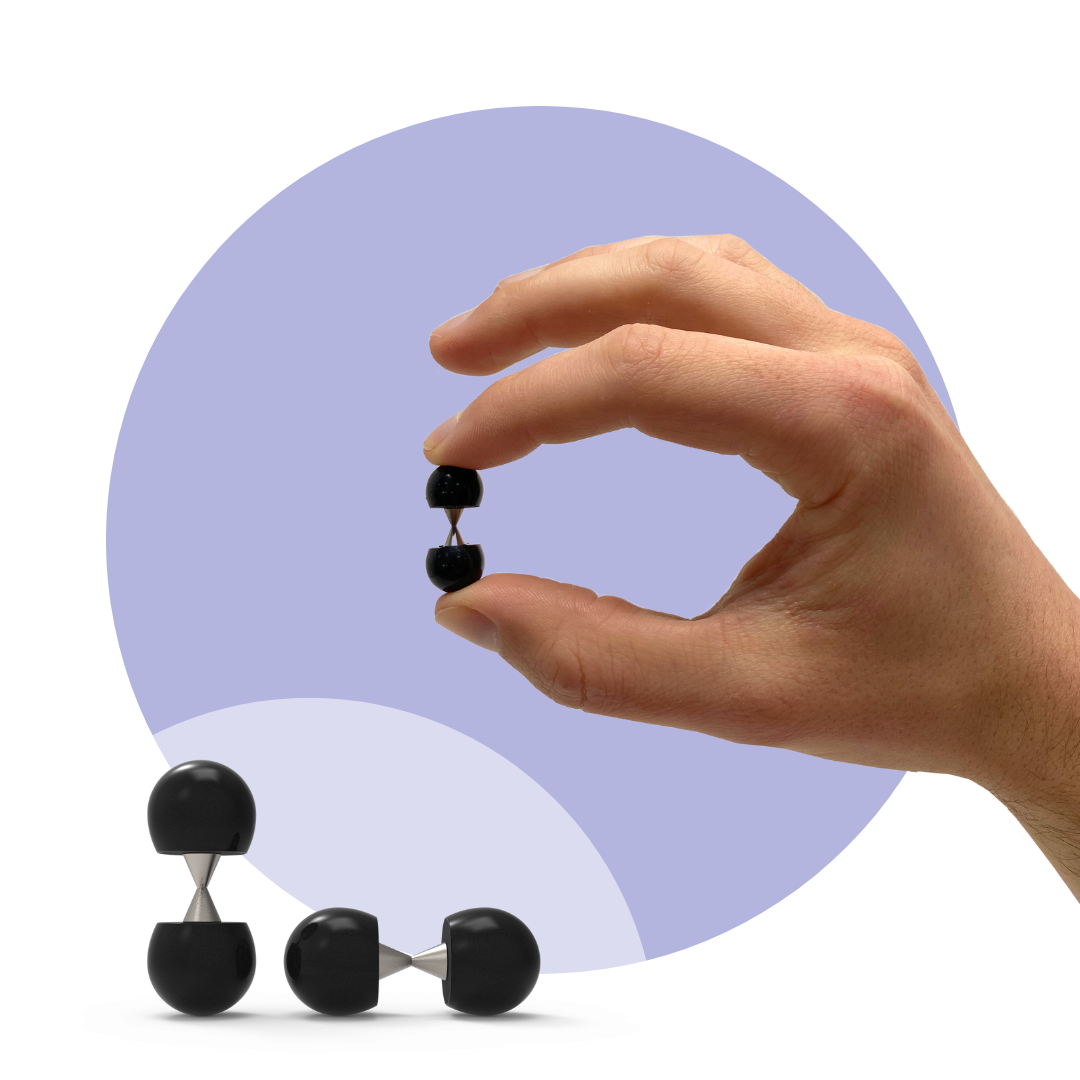Flare’s Sound Asleep Clinic: Knowledge is Power!
November 10, 2023
Author and Sleep Coach, Natalie Pennicotte-Collier, launches our Flare Sound Asleep Clinic this week. In a series of videos, Natalie will be answering questions based on our communities’ answers to our recent Sleep Survey.
Click to watch the videos and read Natalie’s notes below.
How much sleep do I need?
TIP: Did you know that Sleep changes across our lifespan?
Always start with acknowledging and working towards getting enough sleep for your age and chapter in life…
The amount of sleep you need changes throughout your life.
This is because the more our brain and body needs to grow and recover, the more sleep we will need.
This can fluctuate throughout our lives. However, as we grow older, we typically get less sleep.
The amount of sleep you need changes throughout your life.
This is because the more our brain and body needs to grow and recover, the more sleep we will need.
This can fluctuate throughout our lives. However, as we grow older, we typically get less sleep.

The amount of sleep you need can change day to day. This can be because of:
• Your physical health: If you are unwell or have used lots of energy, you will need more sleep to recover.
• Your mental health: Feelings of stress, anxiety, depression and grief can alter our sleep needs.
• Your hormonal cycles and any changes related to this.
• Substance use: Alcohol, nicotine, and illicit substances. This includes essential prescription medications.
• Food and drink, particularly caffeine.
• Teens need at least 9 hours sleep a night BUT many large studies show that between 70-90% are not getting that each night / regularly across the week.
• Your physical health: If you are unwell or have used lots of energy, you will need more sleep to recover.
• Your mental health: Feelings of stress, anxiety, depression and grief can alter our sleep needs.
• Your hormonal cycles and any changes related to this.
• Substance use: Alcohol, nicotine, and illicit substances. This includes essential prescription medications.
• Food and drink, particularly caffeine.
• Teens need at least 9 hours sleep a night BUT many large studies show that between 70-90% are not getting that each night / regularly across the week.
• Your physical health: If you are unwell or have used lots of energy, you will need more sleep to recover.
• Your mental health: Feelings of stress, anxiety, depression and grief can alter our sleep needs.
• Your hormonal cycles and any changes related to this.
• Substance use: Alcohol, nicotine, and illicit substances. This includes essential prescription medications.
• Food and drink, particularly caffeine.
• Teens need at least 9 hours sleep a night BUT many large studies show that between 70-90% are not getting that each night / regularly across the week.
*Did you know that adolescence is a time when health behaviours are most likely to become habitual?

*Did you know that adolescence is a time when health behaviours are most likely to become habitual?
Here's a great report to read> TEENAGER SLEEP STUDY
The Three Elements of Sleep…
Consider 3 main sleep factors that help guide you to a better night's sleep. All three work independently, so improvements to any one of them will in turn enhance your sleep:
(1) Circadian Body clock (2) Sleep Pressure (3) MindBody Relaxation Aspect
In simple terms, we ideally need to feel Calm, Secure and Safe, to relax our mind and body for great quality and efficient overnight sleep.
1) Circadian rhythm \ Inner Body Clock / Daily sleep-wake cycle:
This is your in-built tendency for Mind/Body functions to follow a 24-hour cycle.
New sleep science shows that we have trillions of little clocks in our cells. Akin to an inner invisible wellbeing/thrive technology that really needs us to keep to a regular pattern of sleep

2) Sleep Pressure:
This is like an internal weighted blanket ‘sleepy pressure’ to fall asleep - an unconscious biological response that makes us want to drift off.
Quite simply, the longer we’re awake for, the greater our signal/pressure and inner need for sleep due to a hormone called ‘adenosine’ acting like a pressure.
The brain produces two main hormones which control the circadian rhythm. Cortisol surges in the morning and helps get us out of bed. Melatonin helps us signal it’s time for bedtime.
We typically also feel an energy dip/lull between 2-4pm in the afternoon, when there is a natural lull in our alertness as these processes cross over.

3) MindBody Relaxation Aspect: Relaxation Vs Stress:
Sleep really is the ultimate everyday (free) RESET.
The ideal pre-sleep experience is to feel secure and calm, with a mindset that we can practice our relaxation response and naturally unwind into slower breathing, calm feelings and be able to ‘let go’ into deep sleep for the night.
Science beautifully shows that when we allow and prepare for sleep, it acts like an emotional band aid, fuels creativity and enables us to feel our resilient best.
That is why this third aspect of sleep health is important to acknowledge.
Any perception of sensory/dysregulation or stress disrupts sleep time and quality.

Helpful Links
Royal College of Psychiatry – Sleeping Well
Natalie Recommends: Flare Audio’s Calmer® and Calmer® Night to gently wind down before bed, and Sleeep® ear plugs for a peaceful night’s sleep.
Natalie’s Book: Sleep Reset: The New Tools of Rest & Recovery
MindTonicTherapy.com
@PerformanceMindCoach

Comfortable and discreet
Takes the edge off stressful noises
Reduces stress and keeps you calmer
"Love that I can wear them all day in the office without anyone noticing!" - Sebbastian


Achieve a peaceful nights sleep
-32dB average attenuation
Super-soft memory foam tips
"My husband says these are the best earplugs he's ever tried to block our my snoring and street noise." - Chris V




































